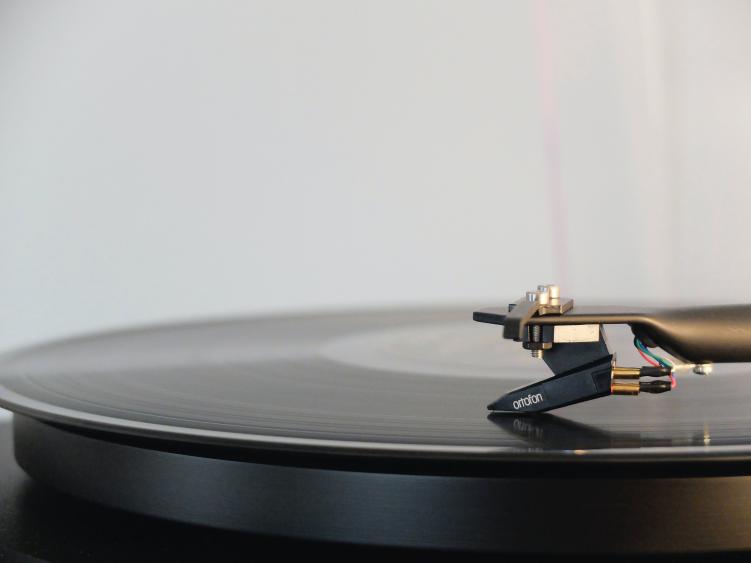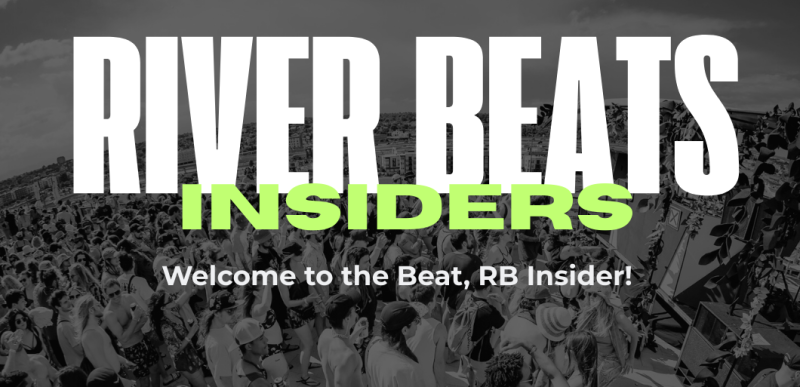No matter your skill level or whether you’re just starting out, knowing how to promote your music is a critical skill that must be acquired. While this task may seem intimidating at first glance, having this knowledge will ensure your success as an artist.
You need to find a way to stand out from the competition without sacrificing artistic freedom or commercial success. One strategy is specializing in an area such as music genre, instrument, feeling, or range of ideas.
Social media
Social media is an invaluable tool for musicians to showcase themselves and their music. It allows them to cultivate a following of passionate fans that will follow them throughout their career.
Musicians can share content on platforms like Instagram, Facebook, Tiktok, and Youtube to attract new fans and market their music and merchandise.
When posting to these channels, make sure to provide valuable content that appeals to your viewers. This could include lyric videos, pictures, and skits that showcase your genre and personality.
Additionally, use social media to engage with your fans and build mutually beneficial relationships. Doing this gives them the impression that you value their opinion and acknowledge their support.
Podcasts
Podcasts are an increasingly popular and effective way to promote musicians. Not only do they help you reach an audience that might not otherwise hear your music, but also allow you to cultivate a loyal following.
Audiobooks and music on mobile devices make for convenient listening on the go, making them a great option for those who work or travel frequently.
Podcasts provide musicians with a major advantage, enabling them to tell their stories directly to fans. This gives them more control over their narrative and the success of their career.
Spotify is encouraging artists to create their own podcasts, believing this will give them more content that can be leveraged for self-promotion. This is beneficial as it will allow them to reach more people and gain subscribers – ultimately benefitting their business.
Music blogs
Music blogs are an invaluable tool for promoting your music and building an online reputation. Additionally, they offer you a chance to network with other musicians and industry professionals. However, it might be as difficult as choosing dinosaur fossil replicas for a child to run a very successful one.
The initial step in starting a music blog is defining your objectives and focus. This includes specifying the main musical genre your music represents and identifying an ideal target audience.
Next, identify blogs that already feature artists in your genre by reading their articles and assessing the writing style.
Though it may seem like an intimidating task, selecting the ideal blog is essential for getting media coverage and creating buzz about your music. If done correctly, your music will receive recognition and become a staple on the site.
Streaming services
If you’re a musician looking to promote yourself, streaming services are an ideal platform. These platforms offer various features that help people listen to music more conveniently – like collaborative playlists and end-of-year round-ups.
However, these services can also be a source of frustration for musicians as they’re frequently accused of being unfair to artists and songwriters due to their low royalty rates and discriminatory algorithms.
Artists must make their music as appealing to fans as possible in order to attract streaming services’ attention. This can be achieved through social media channels or live performances.
Website
Band websites are essential components of music promotion, offering artists a platform to display their songs, image galleries, and videos online. Furthermore, these sites function as hubs for gig promotion, bookings management services, and merchandise sales.
Social media platforms like Facebook, Twitter, and Google + offer bands a chance to showcase multimedia such as photos of rehearsals, pre-gig interviews, or exclusive teasers of new tracks. By giving fans easy access to this content they’re more likely to engage with and support the band – creating an environment of inclusivity for all.
Building an email list is a necessary element of music marketing, so create sign-up forms on your website and other platforms. As incentives, offer exclusive perks like merch discounts and pre-sale access to concert tickets as rewards for signing up.


No matter your skill level or whether you’re just starting out, knowing how to promote your music is a critical skill that must be acquired. While this task may seem intimidating at first glance, having this knowledge will ensure your success as an artist.
You need to find a way to stand out from the competition without sacrificing artistic freedom or commercial success. One strategy is specializing in an area such as music genre, instrument, feeling, or range of ideas.
Social media
Social media is an invaluable tool for musicians to showcase themselves and their music. It allows them to cultivate a following of passionate fans that will follow them throughout their career.
Musicians can share content on platforms like Instagram, Facebook, Tiktok, and Youtube to attract new fans and market their music and merchandise.
When posting to these channels, make sure to provide valuable content that appeals to your viewers. This could include lyric videos, pictures, and skits that showcase your genre and personality.
Additionally, use social media to engage with your fans and build mutually beneficial relationships. Doing this gives them the impression that you value their opinion and acknowledge their support.
Podcasts
Podcasts are an increasingly popular and effective way to promote musicians. Not only do they help you reach an audience that might not otherwise hear your music, but also allow you to cultivate a loyal following.
Audiobooks and music on mobile devices make for convenient listening on the go, making them a great option for those who work or travel frequently.
Podcasts provide musicians with a major advantage, enabling them to tell their stories directly to fans. This gives them more control over their narrative and the success of their career.
Spotify is encouraging artists to create their own podcasts, believing this will give them more content that can be leveraged for self-promotion. This is beneficial as it will allow them to reach more people and gain subscribers – ultimately benefitting their business.
Music blogs
Music blogs are an invaluable tool for promoting your music and building an online reputation. Additionally, they offer you a chance to network with other musicians and industry professionals. However, it might be as difficult as choosing dinosaur fossil replicas for a child to run a very successful one.
The initial step in starting a music blog is defining your objectives and focus. This includes specifying the main musical genre your music represents and identifying an ideal target audience.
Next, identify blogs that already feature artists in your genre by reading their articles and assessing the writing style.
Though it may seem like an intimidating task, selecting the ideal blog is essential for getting media coverage and creating buzz about your music. If done correctly, your music will receive recognition and become a staple on the site.
Streaming services
If you’re a musician looking to promote yourself, streaming services are an ideal platform. These platforms offer various features that help people listen to music more conveniently – like collaborative playlists and end-of-year round-ups.
However, these services can also be a source of frustration for musicians as they’re frequently accused of being unfair to artists and songwriters due to their low royalty rates and discriminatory algorithms.
Artists must make their music as appealing to fans as possible in order to attract streaming services’ attention. This can be achieved through social media channels or live performances.
Website
Band websites are essential components of music promotion, offering artists a platform to display their songs, image galleries, and videos online. Furthermore, these sites function as hubs for gig promotion, bookings management services, and merchandise sales.
Social media platforms like Facebook, Twitter, and Google + offer bands a chance to showcase multimedia such as photos of rehearsals, pre-gig interviews, or exclusive teasers of new tracks. By giving fans easy access to this content they’re more likely to engage with and support the band – creating an environment of inclusivity for all.
Building an email list is a necessary element of music marketing, so create sign-up forms on your website and other platforms. As incentives, offer exclusive perks like merch discounts and pre-sale access to concert tickets as rewards for signing up.
Related Content: